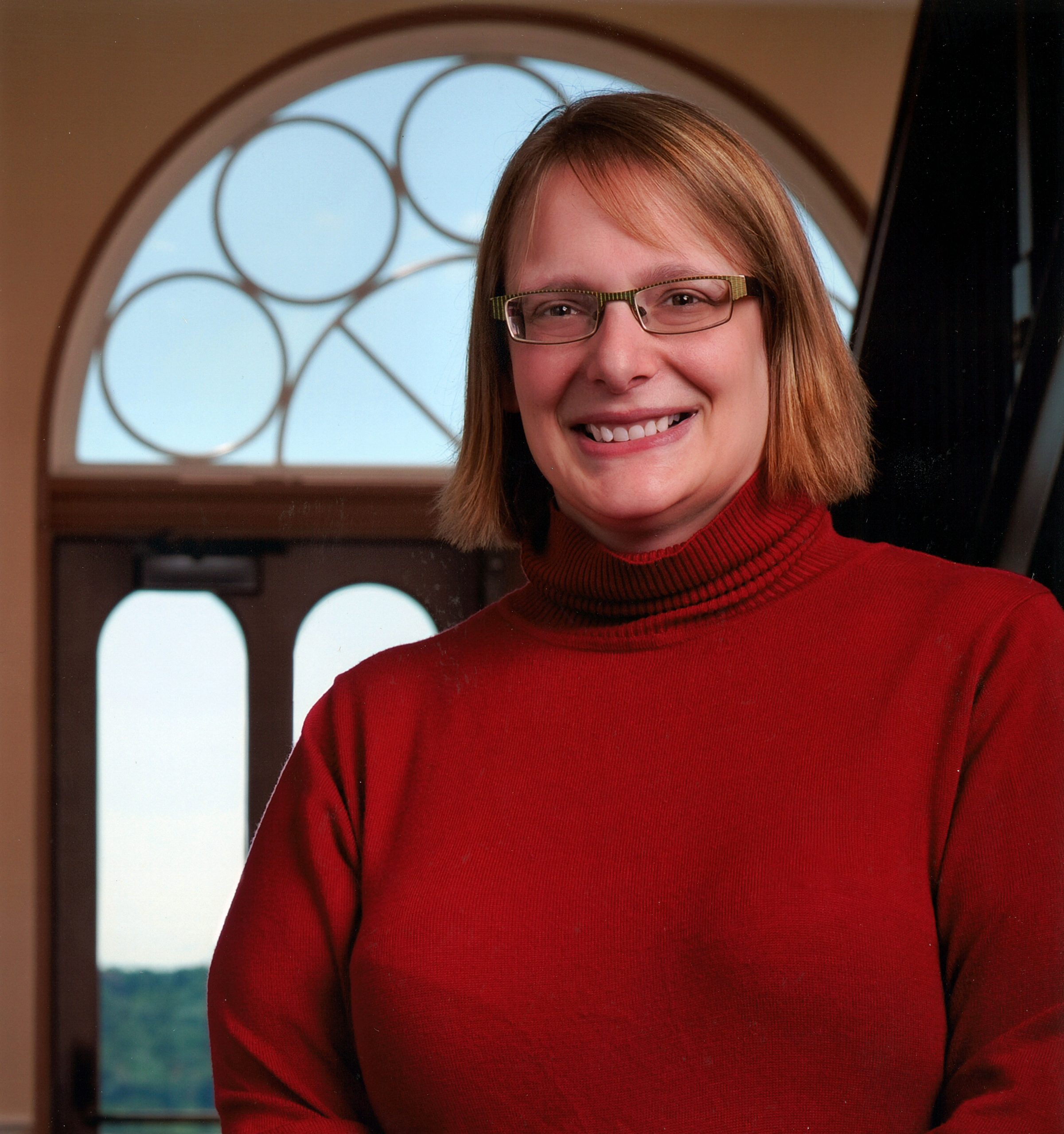Horace Mann, the father of modern public education in America, once said, “A teacher—who is attempting to teach without inspiring the pupil with a desire to learn—is hammering on cold iron.” The 2012 Edgar Carlson Award winner knows NOTHING about hammering on cold iron, as evidenced by the following statements from students: “This professor is widely recognized on campus as a formidable thinker, a challenging and enthusiastic teacher, an engaged mentor, and a passionate advocate for students.” And, “I took a class with this professor my first year here. It was challenging. I have never read more slowly and more carefully. I have never put that much thought into my papers. I was challenged to truly understand the material, to form an opinion and defend that opinion, to be able to defend the opposite opinion, and to actually retain everything I had learned that semester.” And, “This professor has a way of taking topics that, on the surface, are not that interesting and making them come alive. This professor’s creative methods of making classroom material relevant have had a lasting impact on me.” Clearly no “hammering on cold iron” in this professor’s classes!
This year’s Carlson winner has been repeatedly described as one who believes in students, tugs, pushes, and leads them, always poking them with truth and to find truth, as evidenced by the following student statements: “From the very beginning I could tell that this was a professor who demanded excellence from students. This professor is not afraid to play devil’s advocate, to put students on the spot, or to tell the plain, ugly truth.” And, “The real upshot of making students do so much thinking and writing was not the expectation itself, however, but the twice-weekly feedback that came out of it. This professor spent hours marking up the critical summaries and invariably returned them the next class period.” A former student wrote, “Whether I am reading the news or a novel, the principles I learned in [this professor’s] classes have found their way into my daily thought, pushing me to always question my assumptions to find new context and deeper meaning. This professor also instilled in me a commitment to citizenship, volunteering, staying informed, and making sure to participate in thoughtful dialogue with those I don’t agree with or understand.” Time and time again, students talked about time spent outside of class with this great teacher: “It takes a remarkably passionate professor to be able to touch the hearts of students every day—in and out of the classroom. Not only does this professor push every student academically, but she also has a genuine desire to get to know her students and be a mentor outside of the classroom. Her willingness to put students first only makes one want to work harder.” And, “she is the queen of recommendation letters, and it’s because she can speak with the authority of truly knowing her students.” And a final student accolade: “I still don’t know what the future will hold for me, but I know one thing: Professor Alisa Rosenthal will always be there rooting for me. She’s an amazing person, professor, and friend.”
Associate Professor of Political Science Alisa Rosenthal studies political theory, reconciliation studies, constitutional law, and feminist theory. She has presented her research at numerous conferences and is completing work on two book manuscripts: Liberal Bodies: Bodily Invasion and Political Theory and The Subject of Suffering: Deliberative Democracy and Injustice (co-authored with Julie White of Ohio University). She also serves as the Fellowships Coordinator in the Gustavus Fellowships Office, where she works with talented Gustavus students applying for nationally competitive scholarships, awards, and fellowships.
Alisa instigated the creation of the Fellowship Office and did so because she recognized a pressing student need: an office in which information about all fellowship opportunities is readily available and in which students receive mentoring and instruction as they go through the fellowship process. Through her work in this office, Alisa constantly encourages her students and her peers to be extraordinary people. One student wrote, “Alisa has never taught me in a classroom. I first met her in the fall of my sophomore year when she convinced me to apply for a fellowship. As I constructed my application over the next few months, she reviewed countless drafts and provided invaluable wisdom. I soon began to realize, however, that she was not simply interested in having one of her students win a fellowship. It became apparent to me that she truly cared about my future; the whole application process (which was as much work as a regular class) was a learning experience, and she taught me how to compose an effective application—a skill which I will use for the rest of my life.”
Alisa encourages students to think about how to make some kind of meaningful narrative out of their lives.
She helps them articulate how their passions and questions related to what they have experienced. Such work is, at best, what we all hope to do at a liberal arts college.
Presented by Barbara Zust
Professor of Nursing
2011 Recipient of the Edgar M. Carlson Award

Leave a Reply